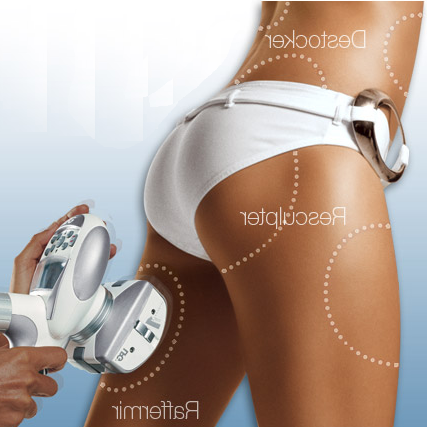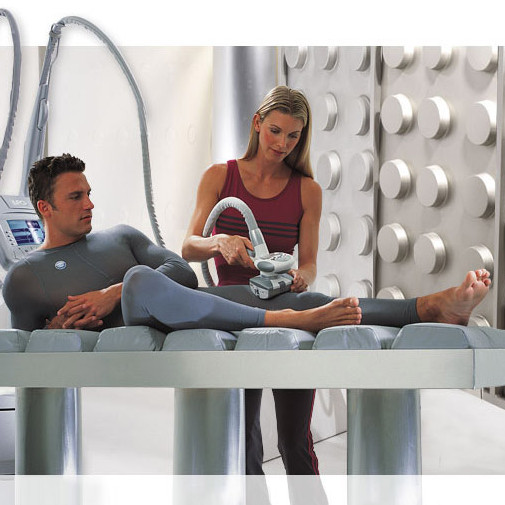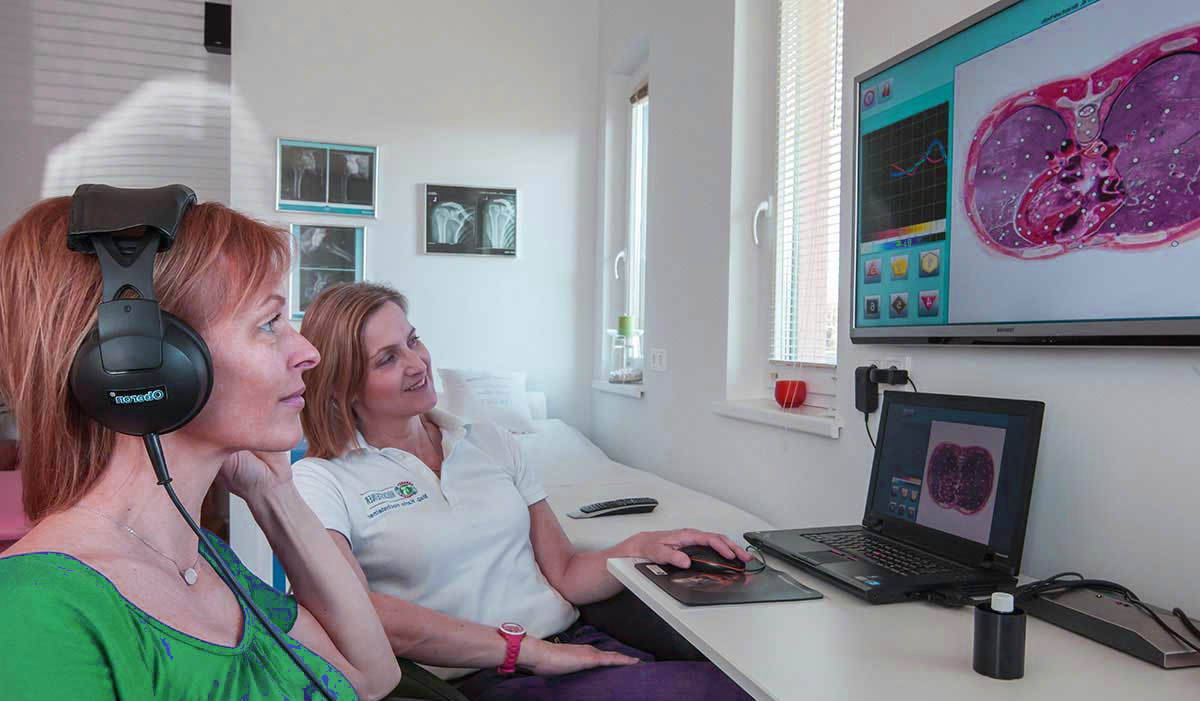London
What is colonic irrigation?

In our London clinic, you can get advice from professionals about the intestines and determine whether colonic irrigation is necessary.
The intestine is represented by two sections: the small and the large. The small intestine, consisting of the duodenum, jejunum, and ileum, leads from the pylorus and ends with the ileocecal valve. The latter connects the small and large intestines with three divisions: the blind, colon and rectum. There are glands in the wall of the duodenum that produce digestive enzymes, hormones, and mucus. The bowel performs vital functions, such as breaking down food into digestible elements, absorbing nutrients into the blood, and removing toxins.
Above all, microorganisms populate the intestine densely. The health of the digestive tract and the whole body depends mainly on the composition of microflora. The duodenum is usually almost sterile since most bacteria die in the acidic environment of the chyme coming from the stomach. However, the large intestine contains more than 500 types of microorganisms.
What is colonic irrigation in London?
Several factors contribute to the emergence and development of bowel diseases. For example, genetic predispositions do not depend on a person, and we can not eliminate them. On the other hand, we can influence what we eat and our lifestyle. All bowel disease symptoms can be distinguished into several groups, depending on their nature and the parts of the intestine they affect. Depending on the cause of pain in the bowels, there may or may not be a link between it and food intake, excretion, etc.
How does a colon cleanse help prevent bowel disease?
An upset stomach accompanies the inflammatory processes in any part of the intestine. It is customary to talk about diarrhoea when the stool frequency exceeds 3-4 times a day.
Prolonged stool retention is most often a sign of colon disease. Usually, constipation alternates with diarrhoea. Constipation doesn’t always come from intestinal diseases. On the other hand, it can occur in healthy people due to eating disorders, lack of exercise, and certain medications’ side effects. Besides, it can develop due to diseases of the nervous and endocrine systems. Learn about colonic irrigation at our clinic in London. Experts will explain your state of health and conduct your first procedure.
























